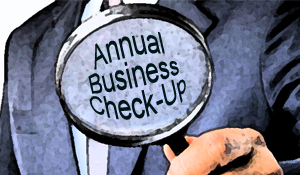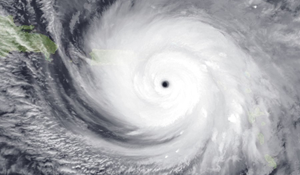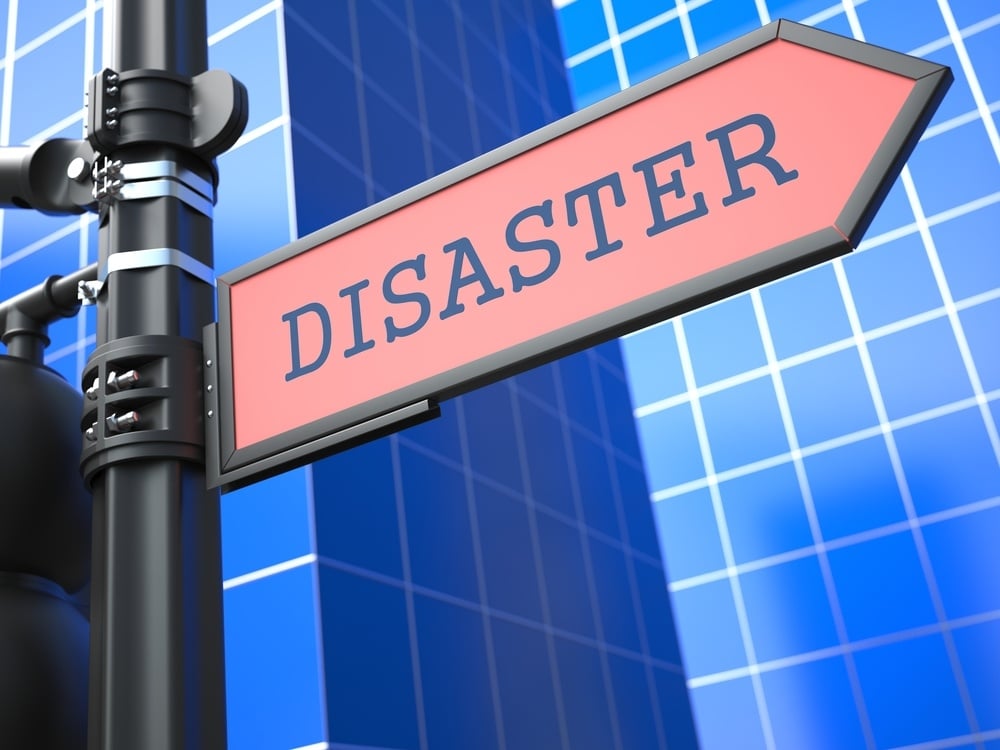As I get older, New Year’s Day has taken on a new and special significance. What used to be an excuse for a party has become an occasion for reflection, renewal, and improvement. And it seems as I get older, there’s more to reflect on and plenty of room for improvement!
HQAA Blog
Topics: Employee Training, HIPAA, Personnel Files, Quality Improvement, Billing, Compliance, Materials Management, Warehouse, Disaster Preparedness, Emergencies, Infection Control
I imagine it’s the same in other industries—December in DME can be a hectic, scatterbrained race to the finish. (“The finish” in this case being the end of the year). Financially speaking, it’s a time to try to maximize earnings and pad the bottom line, wrapping up billing cycles and completing tasks to prepare financially for the new year. Patient/customers that have met their deductible are anxious trying to consume healthcare before a new deductible cycle begins. December 31st is the end of a quarter, the end of a month, and the end of the year and there’s two major holidays –Christmas and New Year to work around. Staff wants to spend time with their families. And of course, company holiday parties abound.
Topics: Employee Training, Personnel Files, Billing, HQAA Accreditation, Process Improvement, Materials Management, Showroom, Delivery, Warehouse, Customer Service, Disaster Preparedness, Emergencies, Business Practices, Infection Control, DMEPOS
Its hurricane season in Florida and the Southeast of our country. Some years are not as bad as others, but a “bad” hurricane season can include major disruptions to travel and business operations, damage to businesses and buildings, lost and ruined equipment, and even destroyed homes and loss of life. The DME industry has seen its share of missteps and mistakes with regards to preparation for these catastrophes, but they’ve also seen many successes. Seeing an organization work their way through a hurricane (or any major disaster) can be impressive. Let’s look at the two extremes in preparation.
Topics: Disaster Preparedness, Emergencies
I’ve known two DME owners whose businesses were destroyed by fire. In one case, a consulting customer of mine owned a DME in a Upstate New York strip plaza. Two doors down was a laundromat and fire broke out and actually traveled through the walls. The structure remained standing, but their inventory and the entire interior of their storefront were destroyed by smoke and water, despite the best efforts of the fire department. The second case was a business in the south, located in a rented warehouse in a rather remote location. The fire was arson, and investigators eventually prosecuted the building’s owner for arson and insurance fraud. In both cases, the businesses had adequate insurance, and the owners rebuilt. However, in both cases, the owners bemoaned their losses, suffered terrible inconvenience, and recounted stories of the irreparable harm the fires did to their operations.
Topics: Warehouse, Safety Officer, Disaster Preparedness, Emergencies
Many in the home medical equipment industry equate policy manuals to their accreditation inspections. And of course, these bulky tomes are certainly a large part of the accreditation and survey experience for every DME. Policy manuals serve as the road map for how work gets done within an organization, a set of rules for the organization, and the document that defines the structure, function, and philosophy of the organization. Let’s look at what a policy manual should contain and how it impacts not only accreditation, but also the overall day-to-day operation of an organization.
Topics: Employee Training, HIPAA, Security, Personnel Files, Quality Improvement, Billing, Renewing Accreditation, Quality Standards, HQAA Accreditation, HME Accreditation Requirements, Patient File Requirements, Compliance, Patient Privacy, Clinical Practice Guidelines, Materials Management, Avoiding Deficiencies, CMS, Complaint Process, Quality Care, Showroom, Retail, Delivery, Clinical Respiratory Services, Oxygen, Warehouse, Safety Officer, Competence, Customer Service, Disaster Preparedness, Emergencies, Business Practices, Marketing
The last year has given us several natural disasters. We’ve seen “Nor’easters”, major fires, hurricanes, floods, and mudslides, which left major highways destroyed and communities completely isolated. It’s been a rough year!
Topics: Disaster Preparedness, Emergencies







